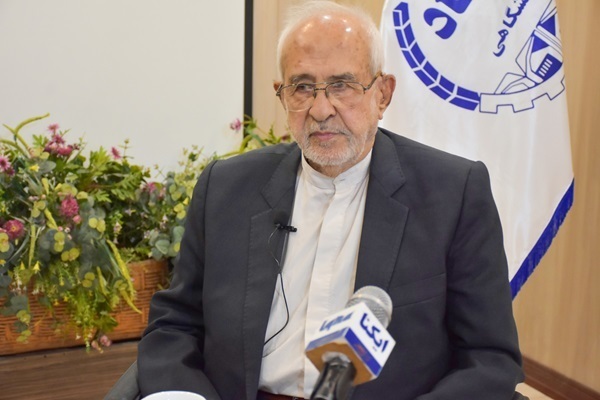Scholar Urges Stronger Focus on Quran Interpretation in Education

In an interview with the International Quran News Agency (IQNA) on the occasion of Iran’s National Teacher’s Day, prominent Quranic scholar and educator Abolfazl Bahrampour said that many challenges in religious education stem from the fact that teachers are often not sufficiently equipped to explain the Quran.
“A teacher must have a reasonable command of Quran translation and interpretation. Without it, they lack eloquence, fail to create engagement, and cannot convey the beauty and pleasure of the Quran to students,” he stated.
He recommended that even a limited number of Quranic pages, if taught with deep and accurate interpretation, could have a lasting impact. “If just a few pages of the Quran are taught in each grade with proper translation and commentary, students will graduate from high school with a deep understanding of several sections of the Quran, which will remain with them,” he explained.
Read More:
Bahrampour also proposed that educators collect students' religious and theological questions and submit them to experts in Quranic sciences and Hadith. These experts, he said, should provide indirect, student-friendly responses and guide teachers on how to communicate them effectively. “Teachers can then convey these answers to students in a way that fosters clarity and reflection,” he noted.
The scholar emphasized that the responsibility to promote deeper Quranic engagement does not rest solely with school teachers. “In addition to teachers and mosque prayer leaders, seminary students are also obligated to master the subtleties of Quran interpretation, because religious knowledge lies in tafsir [exegesis],” he said.
Read More:
Without this focus, Bahrampour warned, the Quran risks being reduced to a decorative or ritual object. “If we fail to teach these subtleties, people will see the Quran merely as a recitation or household ornament, without reaching true understanding,” he cautioned.
4279780



